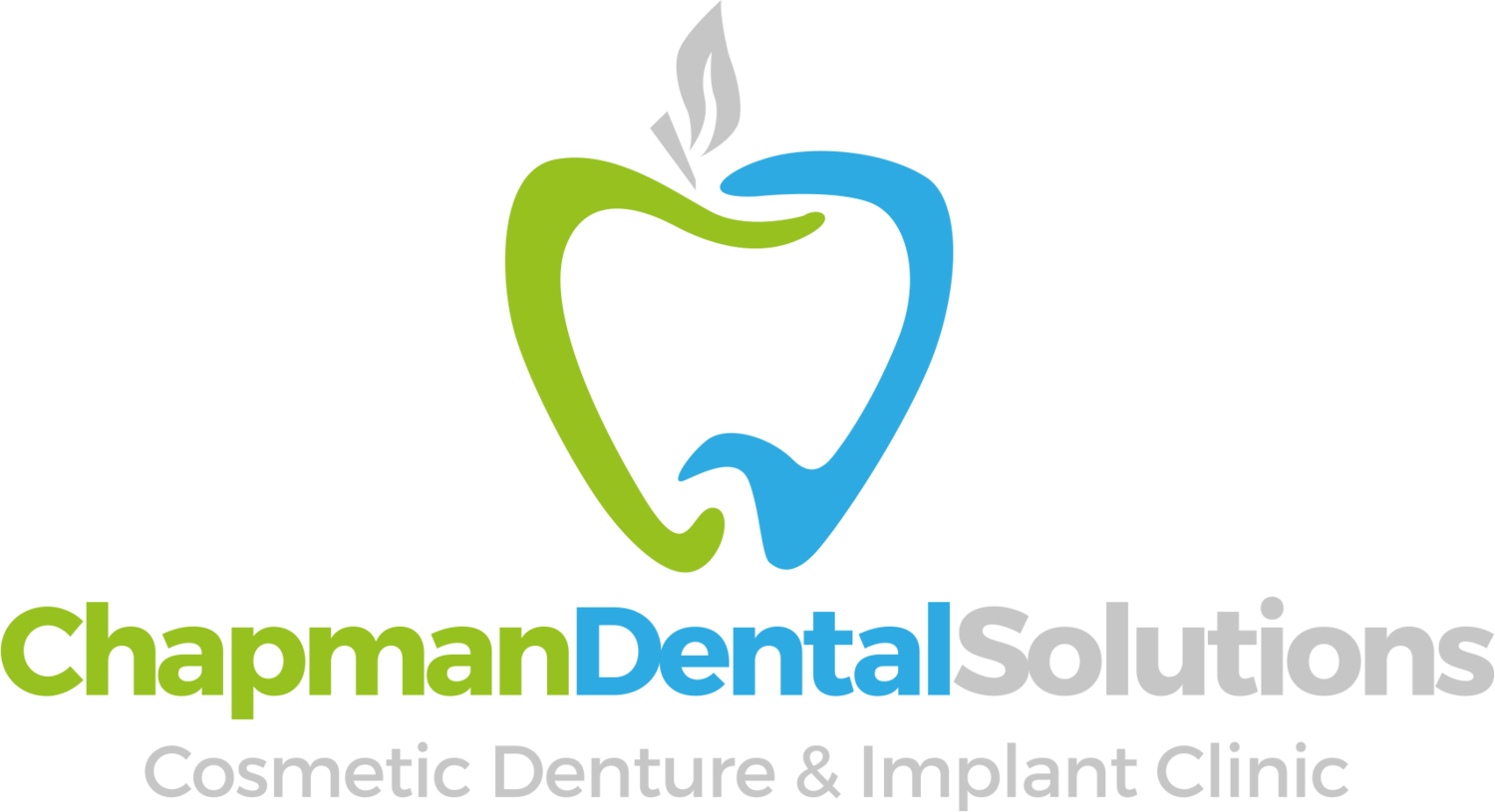Sedation Q&A with Dr Mark Pearsall
What is intravenous conscious sedation?
Many people are anxious about having dental treatment. To make it easier, we can give you intravenous conscious sedation. This involves giving you medicine through a small plastic tube (cannula) in your hand or arm. The medicine will make you feel more relaxed and less nervous.
Who gives me the medicine to help me relax?
This is done by our highly experienced sedation qualified dentist, whose job is to administer the medicine to keep you relaxed and continuously monitor you throughout the dental procedure.
Does it put me fully to sleep?
No, the medicines used do not put you fully to sleep. You are still awake, but drowsier and the aim is you will feel much more relaxed and calm.
What does it do?
As well as making you feel calm and relaxed, time may appear to pass more quickly, and some people remember very little of the treatment afterwards (memory loss during the treatment cannot be guaranteed).
You will always be able to talk to the dentist or dental nurse to tell them how you are feeling.
What age must I be?
We offer sedation to adults aged 18 to 70. Unfortunately, we cannot offer sedation here to anyone outside this age range.
Do I need to bring anyone with me?
Yes, there needs to be a responsible adult with you at your sedation appointment, who must take you home in a car or a taxi after your sedation treatment is complete. You must not be left alone overnight.
Is intravenous conscious sedation suitable for everyone?
Yes, for most people, but not everyone. Before any treatment with sedation, there will be a separate face-to-face sedation assessment carried out by the sedation dentist.
This is to ensure you are medically suitable and it is safe to proceed. This is done on a separate visit prior to your sedation treatment visit.
Is intravenous conscious sedation only for nervous/anxious people?
No, it can also be used for longer and more invasive dental treatments, like implant placements and multiple tooth extractions, to help you manage the treatment in a more comfortable way.
What do I need to do before my dental treatment?
You must have a light meal 2 hours before your appointment, and nothing to eat or drink after this time.
We ask you to wear comfortable clothing and a short-sleeved top to allow a blood pressure cuff to be placed on your arm. Please also remove any nail varnish because a probe will be placed on your finger to monitor your oxygen levels throughout your treatment.
What will happen during my dental treatment?
Your dentist will explain the treatment and check that you’re ready. They will put the blood pressure cuff around your arm and oxygen level monitor on your finger.
The sedation dentist will put the cannula into your hand or arm, then give the medicine to relax you. They’ll wait until you are comfortable and happy before the treatment starts. The dentist will explain what they’re doing as they go along.
Does having conscious sedation mean I won’t need any injections in my mouth?
You will still need small injections of local anaesthetic to numb your mouth before your dental treatment. This will happen after you have had sedation medicine in your hand or arm to help you feel relaxed.
What will happen after my dental treatment?
When your treatment is finished, the team will monitor you to make sure you have recovered enough to go home. The responsible adult accompanying you will be told about the treatment and given any necessary instructions, as sometimes the sedation medicine means you may not remember all the information.
What should I do after my appointment for 24 hours?
· Take time off work.
· Do not undertake any caring responsibilities.
· Make sure you are looked after by a responsible adult.
· Do not drink any alcohol.
· Do not make any important decisions (such as signing any legal documents, undertaking any financial transactions, or using social media).
· Do not drive a car or motorbike or operate any machinery or domestic appliances.
If you would like to discuss sedation or arrange a sedation assessment, please speak to your clinician during your visit.
Information regarding fees can be found here.
